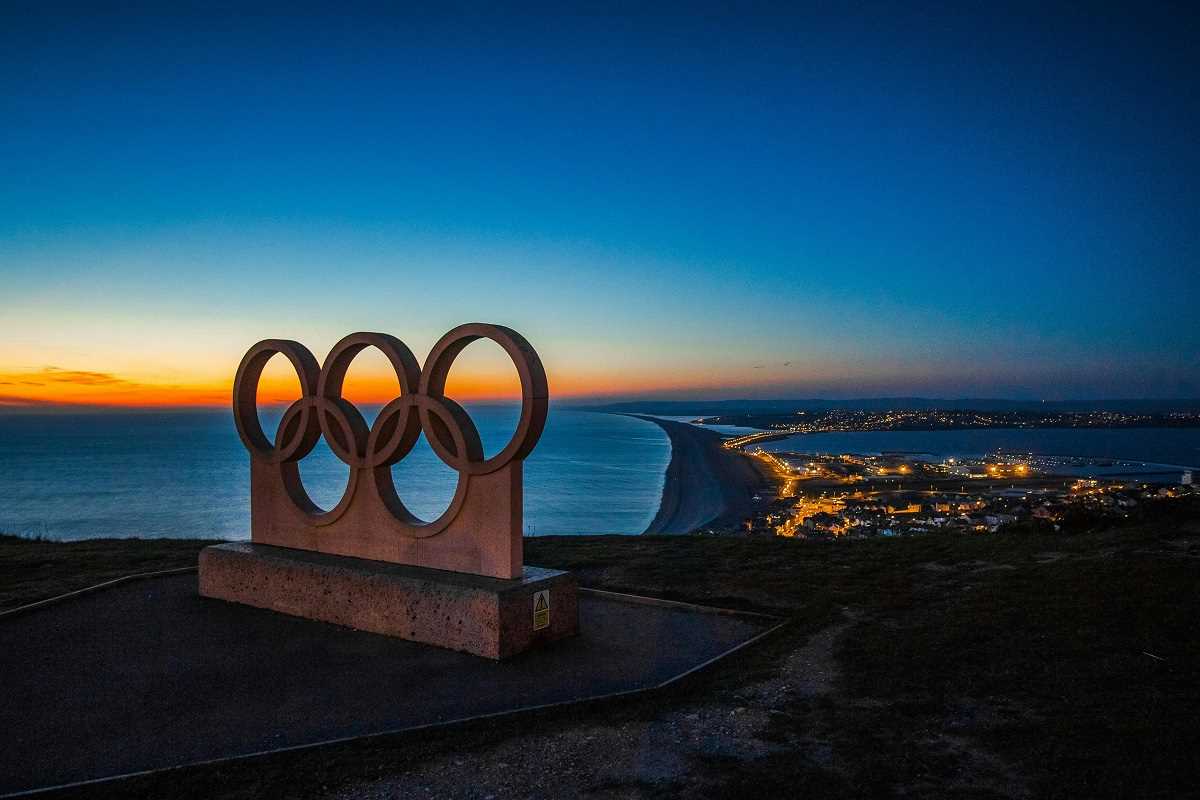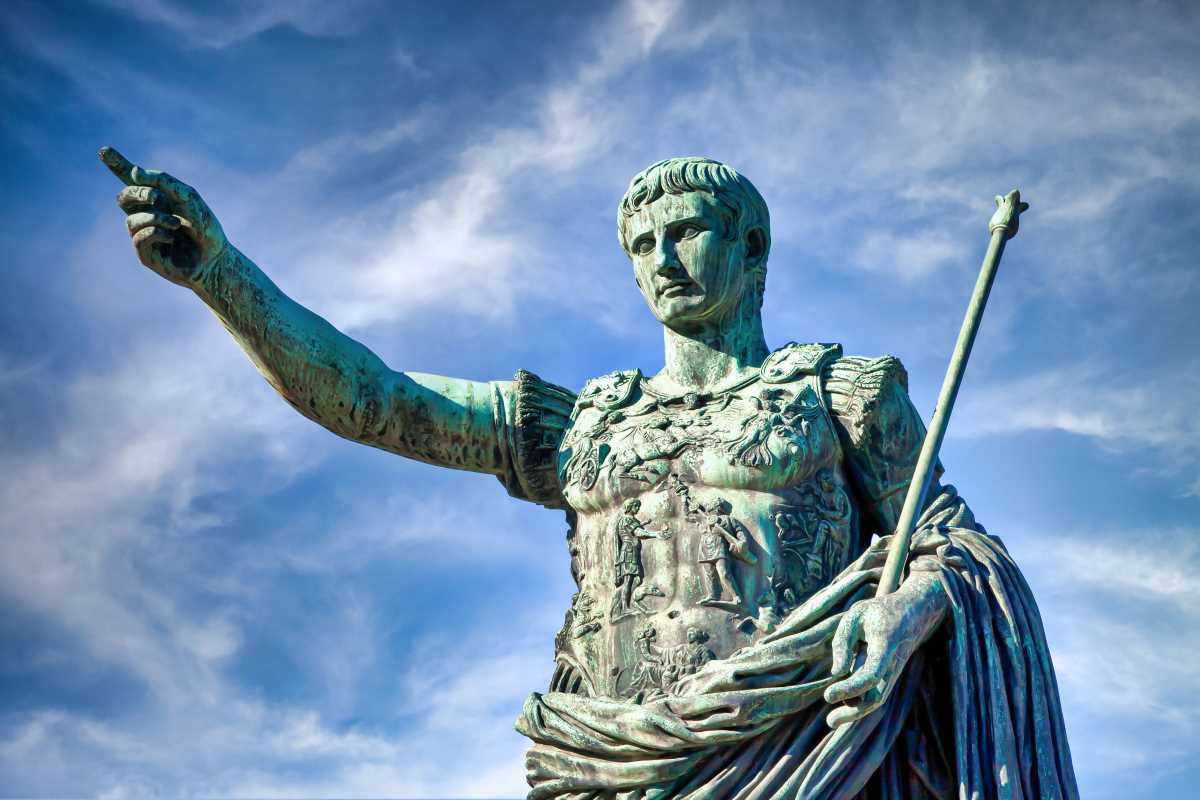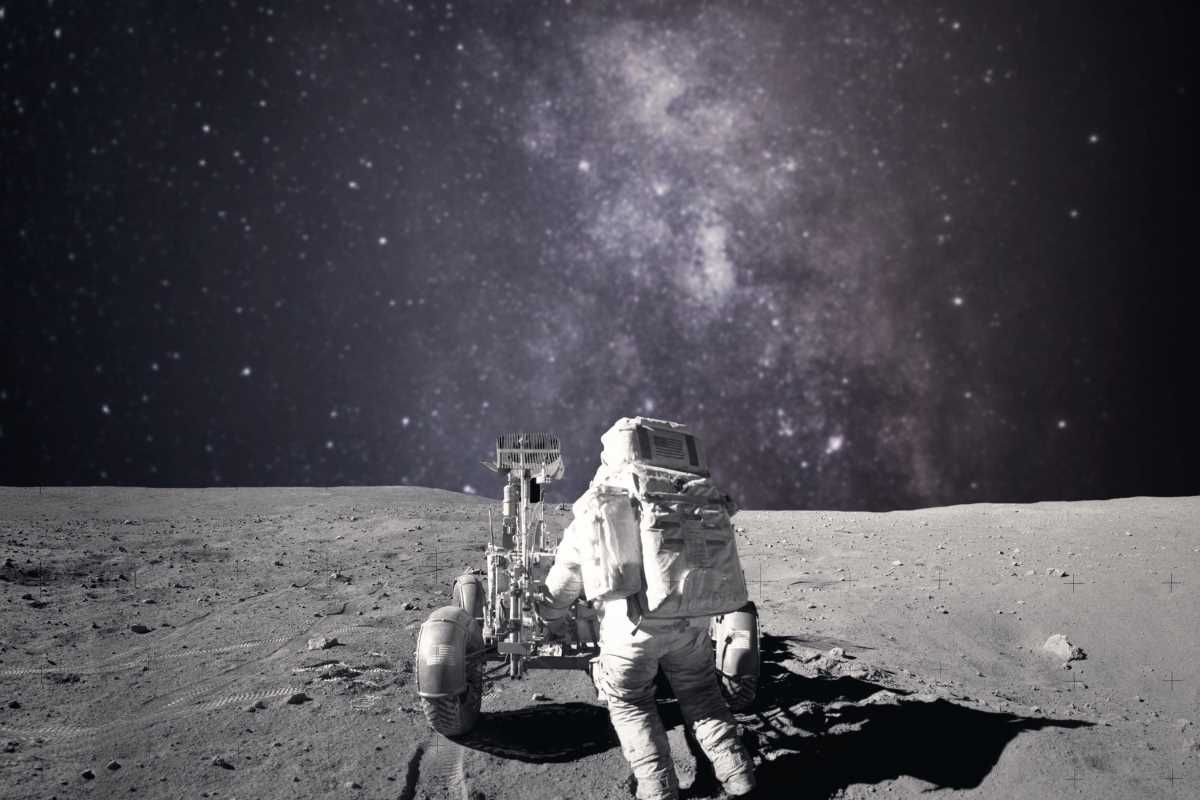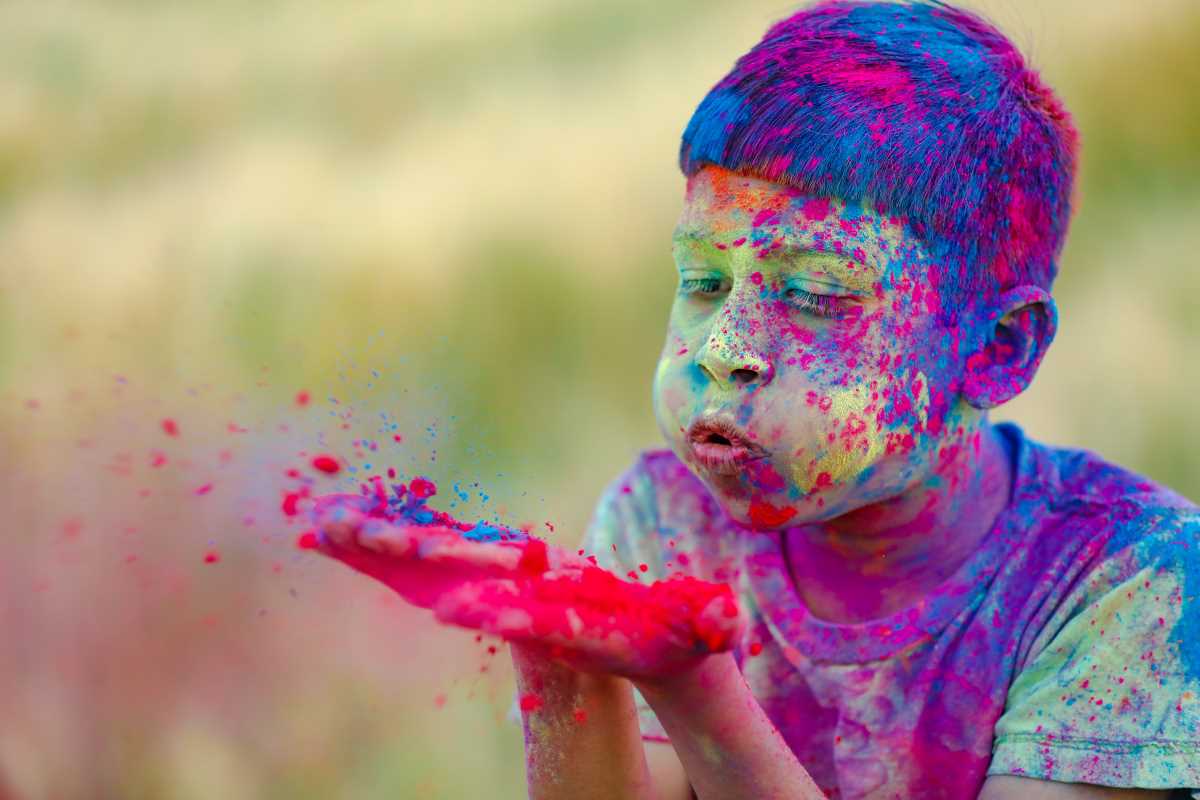On top of thrilling feats of athleticism, the Olympics also capture snapshots of global history and societal transformation. Ever since the Games were revived in 1896, they have reflected the values, struggles, and victories of the time. From challenging archaic gender roles to becoming a platform for political resistance, the Olympics have consistently showcased the world’s changing cultural landscape. They’re not just about who crosses the finish line first but about what the world learns along the way. Join us as we explore how this legendary event has mirrored society’s evolution, threading together moments of unity, protest, and progress over the years.
Women in the Olympics and Changing Gender Roles
When the modern Olympics debuted in 1896, there wasn’t a single female athlete in sight. At the time, many believed sports were solely a male domain. The founder of the modern Games, Pierre de Coubertin, famously dismissed the idea of women competing, claiming it went against the “spirit” of the Olympics. Fortunately, by 1900, change was in the air.
At the 1900 Paris Games, women participated for the first time, competing in five sports: tennis, sailing, croquet, equestrianism, and golf. Twenty-two women joined the roster, far fewer than the nearly 1,000 male athletes, but this marked an important step forward. Among these trailblazers was Hélène de Pourtalès, a Swiss sailor who became the first woman to officially win an Olympic title.
Over the decades, the participation of female athletes continued to grow. By the 1970s, spurred by the feminist movement and policies like Title IX in the U.S., women's sports saw remarkable progress. At the 1976 Montreal Olympics, Romanian gymnast Nadia Comaneci scored the first perfect ten in gymnastics, symbolizing the breaking of long-standing gender barriers. Today, the Olympics strive for true equality. By 2024, the Games will achieve full gender parity, with an equal number of male and female competitors. The introduction of events like women’s boxing in 2012 and mixed-gender competitions in Tokyo 2020 highlights how far we've come in leveling the playing field.
Politics Taking Center Stage
The Olympics are often billed as a unifying event, but they have also become a stage for political battles and symbolic defiance. One of the most dramatic examples took place during the 1936 Berlin Games. Hosted by Nazi Germany, these Olympics were meant to showcase Hitler’s ideology of Aryan racial superiority. In a turn of events, Black American athlete Jesse Owens stole the show by winning four gold medals in track and field events. His triumphs were a powerful, albeit unintended, rebuke to Nazi propaganda. While Owens’ victories challenged racial prejudice on a world stage, it’s also important to note that the overall event boosted Nazi Germany’s international image, showcasing their vision of “order” and “modernity.”
Fast forward to the Cold War era, the Olympics continued to serve as a battleground for political ideologies. The 1980 Moscow Olympics saw over 60 countries, including the United States, boycott the event in protest of the Soviet invasion of Afghanistan. Four years later, the Soviet Union and several allied nations responded by boycotting the 1984 Los Angeles Olympics. These boycotts demonstrated how historical events shaped even the most unifying of competitions.
Even in more recent times, political statements have echoed through Olympic venues. The 1968 Mexico City Olympics saw Tommie Smith and John Carlos raise their fists in a Black Power salute during the medal ceremony. Athletes today, too, have used the Games to call for racial and social justice, proving that the Olympics remain a mirror reflecting the struggles and debates of society.
Unity in the Face of Adversity
While the Olympics have often been marked by tension, they’ve also stood as powerful symbols of unity. Few moments encapsulate this better than the 1948 London Olympics. Known as the “Austerity Games,” they were held just three years after World War II. Much of Europe was still recovering, yet 59 nations came together to participate. The Games were a message of hope, even though former Axis powers Germany and Japan were excluded due to their wartime actions.
Another historic example occurred at the 2000 Sydney Olympics when North and South Korean athletes marched together during the opening ceremony. Despite their political differences, this moment gave the world a glimpse of peace and reconciliation.
The Tokyo 2020 Olympics provided yet another testament to global resilience. Held during the COVID-19 pandemic (postponed to 2021), the Games overcame immense logistical challenges to celebrate the tenacity of athletes and nations alike. What’s more, Tokyo stood out for its sustainability efforts, such as crafting medals from recycled electronics, and creatively minimizing waste with cardboard beds for athletes.
Reflecting Societal Movements
The Olympics have often been a platform for addressing broader societal movements. At the 1968 Mexico City Games, the Black Power salute from Smith and Carlos was a statement against racial inequality in the U.S. Similarly, the inclusion of Paralympic athletes and improved accommodations for disabled competitors reflect growing recognition of inclusivity and equal opportunity.
Environmental concerns have also found a voice at the Games. Sustainability was prominently featured in Tokyo, where organizers made every effort to highlight environmental consciousness. From medals made of recycled smartphones to carbon-neutral event planning, the Games responded to a growing global conversation about climate change and responsibility.
Every four years (or five, when pandemics intervene), the Games offer a chance to see not just exceptional athletic feats, but also the cultural and societal changes shaping the world. They're about what humanity achieves together, even in the face of division. What better reflection of our hopes and challenges than that?
 (Image via
(Image via





